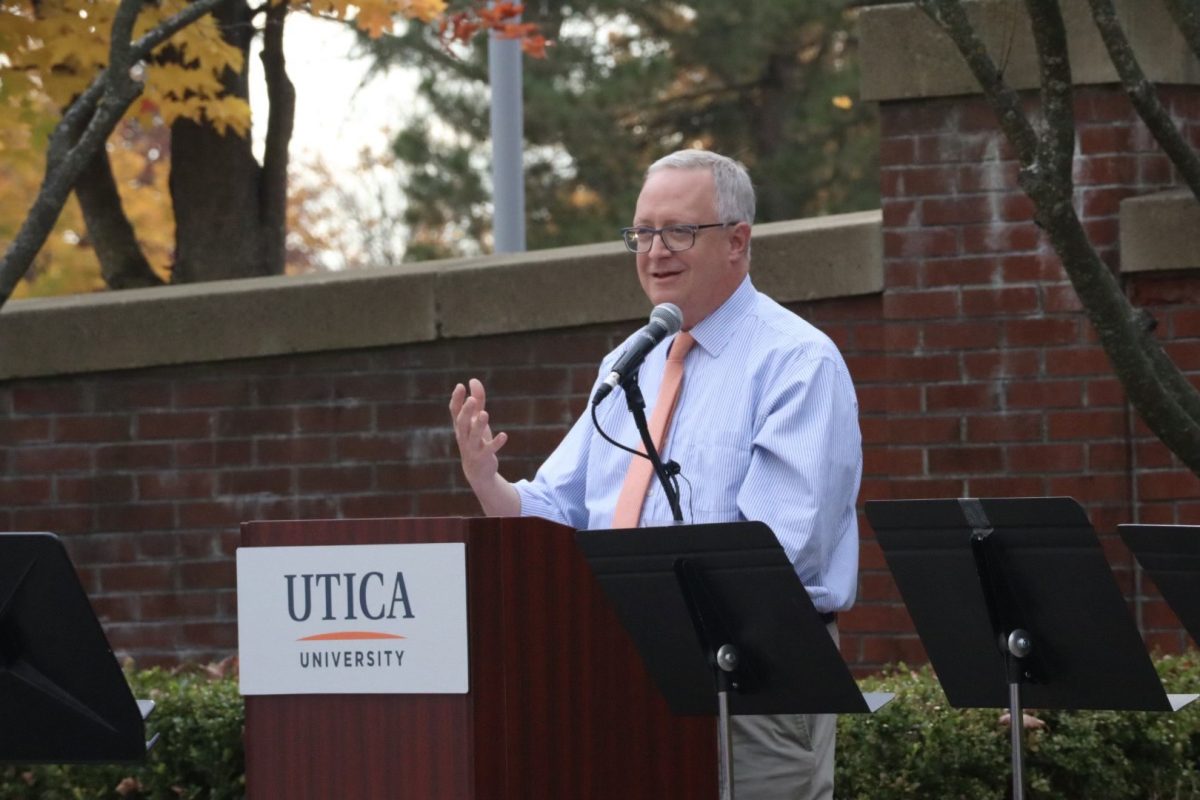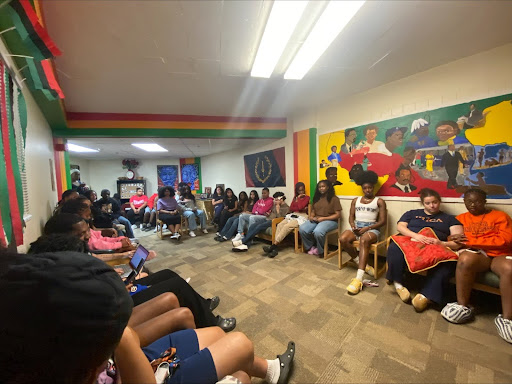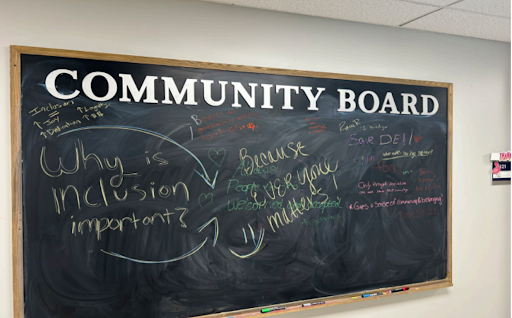On Aug. 25, Utica University announced proposed programs to be cut for future Pioneer students next May. These programs include degrees for Adolescence Education in specific curricula, History, Africana Studies, and more; minors include Africana Studies, Gender Studies, Global Citizenship, Human Rights and Advocacy, and more.
The complete list of proposed deleted/deactivated degrees and minors can be found on the university’s website: Curriculum Deletions and Deactivations.
Despite some rumors that people in specific degree programs might not be able to finish their four years at Utica University, Senior Vice President for Academic Affairs and Provost Stephanie Nesbitt announced that anyone currently enrolled with these programs will be able to finish their degrees here. However, no new students will be accepted into the programs in future years if programs are deleted by May 2026.
“These recommendations are informed by a comprehensive review and analysis by the Office of Academic Affairs of many years of data that illustrate declining student interest, enrollment patterns and national employment trends,” Nesbitt said in the announcement.
Dr. Leonore Fleming, President of Utica’s faculty labor union AAUP-Utica and Professor of Philosophy, said the adolescence education programs listed to be cut were already going away because of New York State requirements.
“And so that leads me to think that those programs were thrown in there as a diversion and that the remaining programs, mainly teaching DEI, are mainly taught by women and our few faculty of color,” Fleming said. “At this moment, we should be working together to find creative solutions and ways to create a vision and not tear down what we have here already.”
However, Nesbitt reiterated that these recommendations were purely based on numbers of enrollment, student interest and employer needs.
“What we really looked at was enrollment in the items that were offered and when we looked at the enrollment there just didn’t seem to be a lot of student interest in those areas,” Nesbitt said. “So the DEI component wasn’t a consideration there.”
Kyle Riecker, Coordinator of Education Partnerships and Clinical Practice at Utica University, recently shared information on his Facebook account, updating on what this actually means for Utica’s educational programs. He said the cuts look worse than what they really are.
“On paper, it looks like Utica gutted their special education programs, but in reality, these programs were being taught out and replaced by ones that will provide our alumni with current curriculum and certifications. Our special education enrollment is UP 35% compared to last year,” Riecker said in a Facebook post late last month.
Knowing that students’ options will be limited and more focus will be put on programs the university feels are more employable upsets Sharon Kanfoush, Distinguished Professor of Environmental Science. Students in the geosciences programs eliminated in the previous round of eliminations a few years ago have had very successful careers, she said.
“I also think it’s sad that students in certain majors are now no longer going to see the diversity of interests and the diversity of career options they have not been aware of and considered and could find an interest in,” Kanfoush said. “I am especially disturbed by the planned elimination of the general education program. I’m sure it will be replaced with something analogous, but we do not yet know what (this) will look like.”
Kanfoush is a staunch supporter of a broad and diverse education because, she said, it teaches students to critically evaluate information and infuses new ideas and creativity into a chosen field of study.
“It also exposes students to ideas, people, cultures, and histories that may be different from their own personal situation and background, enabling them to better understand others and issues important to them,” she said.
Unlike the cuts previously made in 2023, according to Nesbitt, these recommendations are going through a process before complete deactivation. When Fleming was asked about the program cuts in 2023 she explained that many students transferred, most likely harming the institution financially, and are likely to harm it again that way. Not only are they proposing to cut DEI minors and majors but they are also threatening general education.
“The Provost proposed completely deleting our general education program, without any plan for what to replace it with, so it was an exercise in destruction,” Fleming said.
What frustrates senior Jerry Almas most is the university’s lack of transparency about its financial crisis. He said the president now has the authority to cut faculty in order to reduce payroll, yet has not been forthcoming with information that affects thousands of people.
“I want to know where our student activity fees are going. I want to know how much debt we’re in. I want to know how many faculty members are at risk of losing their jobs,” Almas said. “I want to know whether the university plans to remain open or file for bankruptcy. If cuts are to be made, cut top heavy people.”
Despite these frustrations, Kanfoush understands that Utica University must address financial issues while facing a demographic cliff and emerging uncertainties at the federal level.
“A number of things have been tried to get the institution on firmer financial footing,” she said. “It has been disappointing however that there has not been more transparency in sharing information on our financial condition. I understand under difficult financial circumstances cuts may be necessary, but I would like to see the financials and better understand why. I know I and my colleagues who may be facing elimination due to previous program cuts and recently announced potential program cuts are trying hard to stay focused and still do our best for our students who certainly deserve our very best.”
Through this time of unknown change, Nesbitt reiterated:
“Change is hard. And contemplating change is hard.” Nesbitt said. “But the bottom line for students is, if you are recruited to come to this institution for a major and you want to proceed, and graduate with that major, you will.”













































































































































